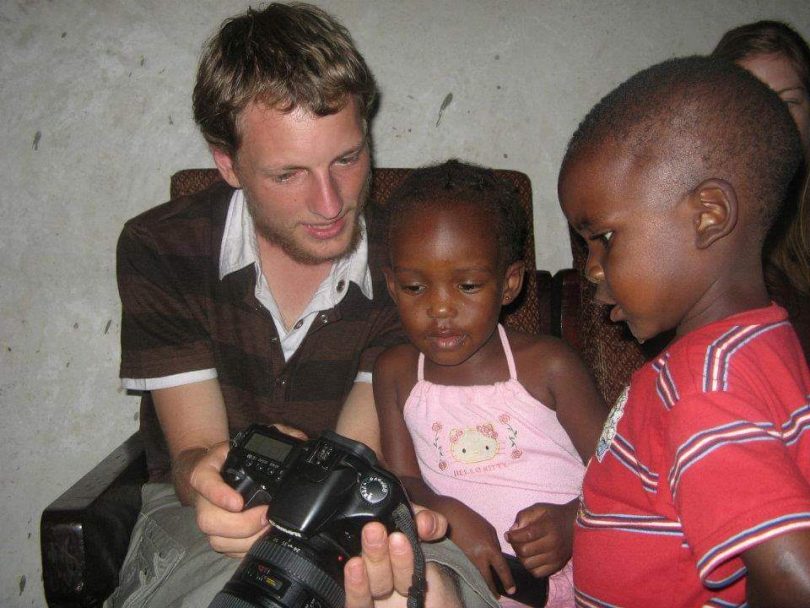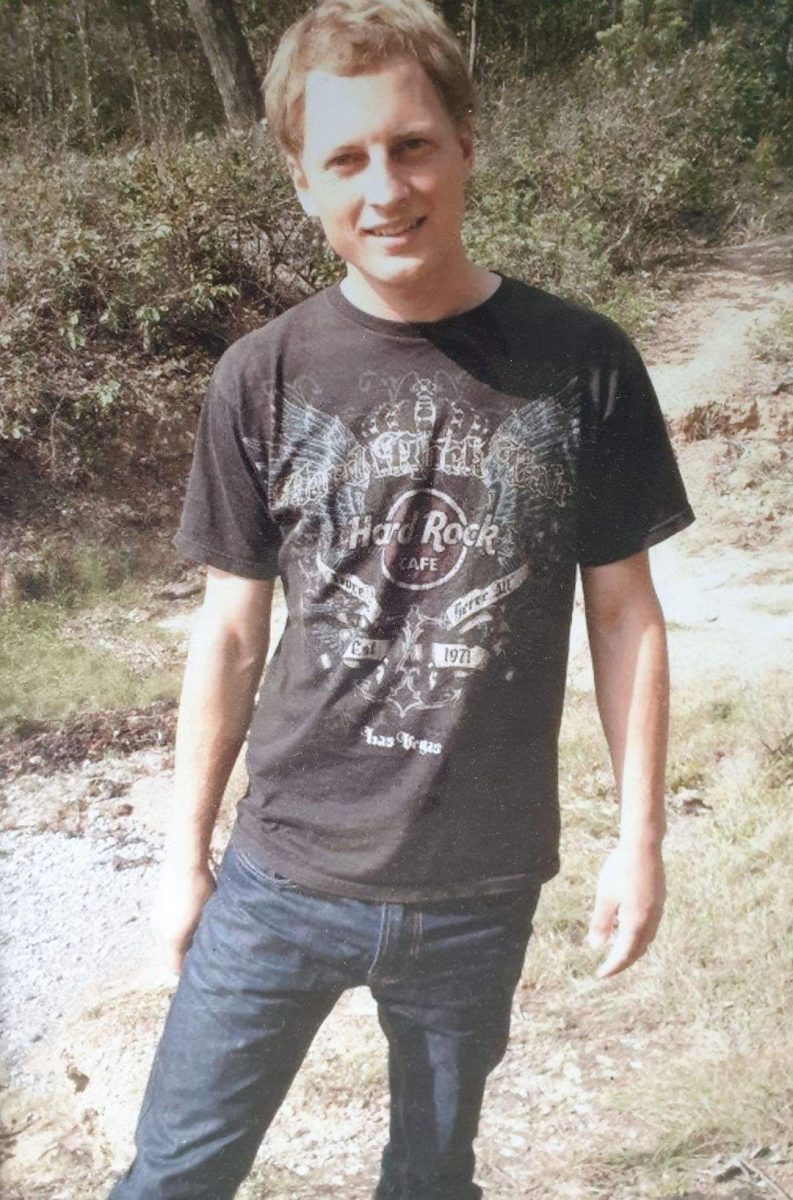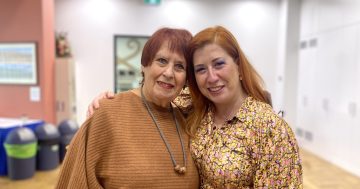
Stewart Orme’s donation helped save six lives after he tragically lost his life in 2012. Photo: Supplied.
Losing a child is hard enough but Helen Day was able to find some comfort in the fact that her son managed to save six other lives after he died.
Stewart Orme, a 23-year-old Canberran, tragically lost his life in a motorcycle accident in 2012. Making the decision to donate Stewart’s organs so he could help others one last time was an easy one for Helen to make.
“We were asked whether we would agree to organ donation and it was a fairly easy decision because I was already on the register and I had had the discussion with my family already,” Ms Day said.
“For me, it is hard enough to lose a child but to know that something good came out of it has helped me over the years. We knew that was something that Stewart would want.”
Stewart died four days before his 24th birthday but the lives he was able to save ensured his memory lived on, Ms Day said.
“When we found out about who the recipients were it was actually on his birthday. It really was a beautiful thing to get that phone call,” she said.
“I have met two of them, the kidney recipients, one of whom also got the pancreas, and they are both doing really well.
“There were six people. A little boy who was only seven-years-old was close to dying when he received a small part of Stewart’s liver.”
Under a new bill proposed by Labor backbencher Tara Cheyne in the Legislative Assembly, organ donation could be recognised on death certificates and donors’ families could receive a letter of acknowledgement from the chief minister.

Stewart’s mum, Helen Day, said the bill would provide recognition that he gave in life and in death. Photo: Supplied.
The bill would allow the recognition of a person’s donation regardless of whether it was given while they were alive or following their death.
Ms Day said being able to have the donation put on the death certificate would mean a great deal to her, as would a formal acknowledgment by the chief minister.
“That recognition means a hell of a lot. He was a special person and it would show on his certificate that he gave in life and in death,” she said.
“The letter from the chief minister would mean a lot and I believe my family would like it as well.”
Around 1400 Australians are currently on the waiting list for a transplant and countless more would benefit from one, according to statistics from the Australian Government Organ and Tissue Authority.
If Ms Cheyne’s Bill goes through, the opt-in process would be an Australian first, with no other jurisdiction offering donor recognition on a person’s death certificate.
“Donor families in the ACT and across the country have raised with me that, apart from an acknowledgment letter from the hospital via DonateLife, there are few formal, tangible avenues for them to see the significance of the donation acknowledged,” Ms Cheyne said.
“Some families have reported they feel the significant decision is under-recognised.”
It is something Ms Day wants to see rolled out across Australia, promising to lobby the NT Government, where she currently lives, to implement the same initiative.
“This is a very private thing, not everyone would want this but it is certainly something that I want,” she said.
“I know a lot of other donor families whose wish this would go ahead, but they live in other states and territories and have not had much luck.
“It is just wonderful that Canberra is the first place to do this.”













